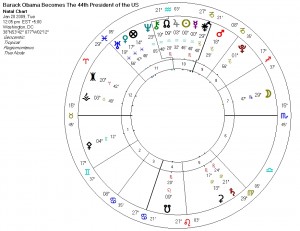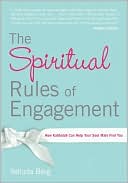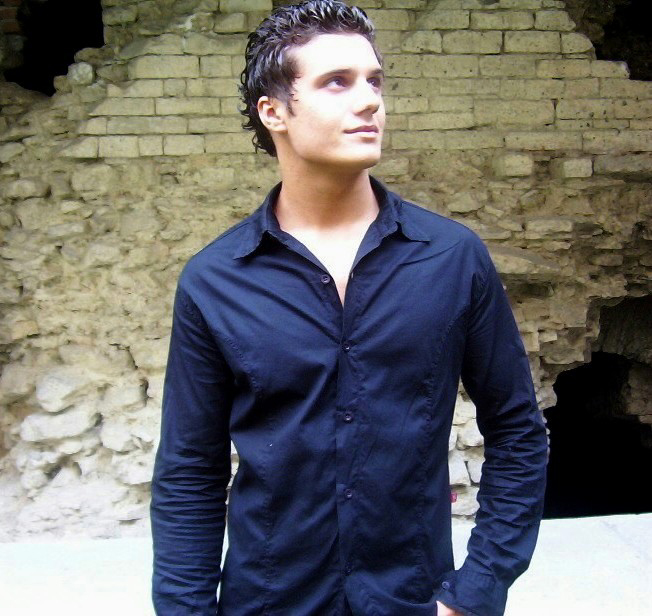 Astrology and Kabbalah are perfect bedfellows. Each week, I am amazed at how the Kabbalistic energy aligns perfectly with astrological transits. This week we experience the first of 6 eclipses of 2009. Despite our modern ideals, customs, and intellectual sophistication eclipses still evoke fear and trepidation. However, for “most” people the eclipse will be a mild annoyance and uneventful. However, to add insult to injury, we are still within the grips of Mercury retrograde.
Astrology and Kabbalah are perfect bedfellows. Each week, I am amazed at how the Kabbalistic energy aligns perfectly with astrological transits. This week we experience the first of 6 eclipses of 2009. Despite our modern ideals, customs, and intellectual sophistication eclipses still evoke fear and trepidation. However, for “most” people the eclipse will be a mild annoyance and uneventful. However, to add insult to injury, we are still within the grips of Mercury retrograde.
Why all the fear? Most of us have gone through life regretting something that we have done or said. Whether that was a breakup, argument with friends, or altercations with those we perceive are against us. We go through life with a “karmic” bank account, and most of us are in deficit spending. In fact, according to Kabbalah every negative action or action done with negative (usually desire to receive for the self alone) intent accrues debt. Sooner or later we must be to a -0- balance and astrological transits, whether planetary or eclipses often provide us with opportunities/events to learn lessons to move us past our karma.
This weeks Kabbalistic portion is called Bo. The portion itself is about removing negative experiences in our life that prevent us from achieving spiritual growth and/or consciousness. Kabbalah reveals that the only way to achieve this is by connecting to the Light (Sun), which is a metaphor for self awareness. However, the most important message out of the portion involves astrology.
In this portion, Pharaoh’s advisors tell him to release the Israelites. Pharaoh asks Moses who should be released and Moses replies that all the Israelites must be set free. Pharaoh then informs Moses that his astrologers have informed him that negative planetary energies were against them. Moses still instructs Pharaoh to release them all, despite the challenges that the Israelites may face. Moses, does not doubt the astrology (and considering they wandered around the desert for 40 years, Pharaoh may have had a point), but he makes the choice to face it and go through it.
What does this story tell us? The planetary energy that was upon Moses was a planet called, “Ra’ah”. There is very little information provides as to which of the 7 visible planets “Ra’ah” refers to. However, the term is Hebrew means “to perceive”. However, if you look at the story with an astrological eye, it is clear that Ra’ah refers to Mercury in retrograde status. (The Israelites wish to return (Mercury) to Israel and Pharaoh warns them not to travel (Mercury Rx) Moreover, the story is clear that despite the astrological conditions that are upon us we must work with them rather than running away from them. We can achieve this by understanding the energies in our own charts, and how planetary energies are affecting us.
On the astrological level eclipses and Mercury retrograde occur often and with frequency. They are not excuses for not living our lives, and making choices to not experience opportunities as a result of their presence. We need to remember that you cannot add anything to the chart that is not already in the natal horoscope. Although the houses that eclipses and Mercury Rx land are often highlighted, if there are no planets that are in aspect, then there is no energy for manifestation. However, if the eclipse or Mercury Rx hit upon a major planet, configuration, or sensitive point within the chart then you may find the areas ruled by these planets activated for good or for ill.
This week we have a unique opportunity to rise above negative influence. The more we are aware of ourselves and understand our natural rhythms the more power we have to utilize the productive energy available in each transit. Eclipses and Mercury Rx are what they are, and are not inherently good or bad, negative or positive, benefic or malefic. They instruct us to know ourselves! Are you up to finding out who you really are?






